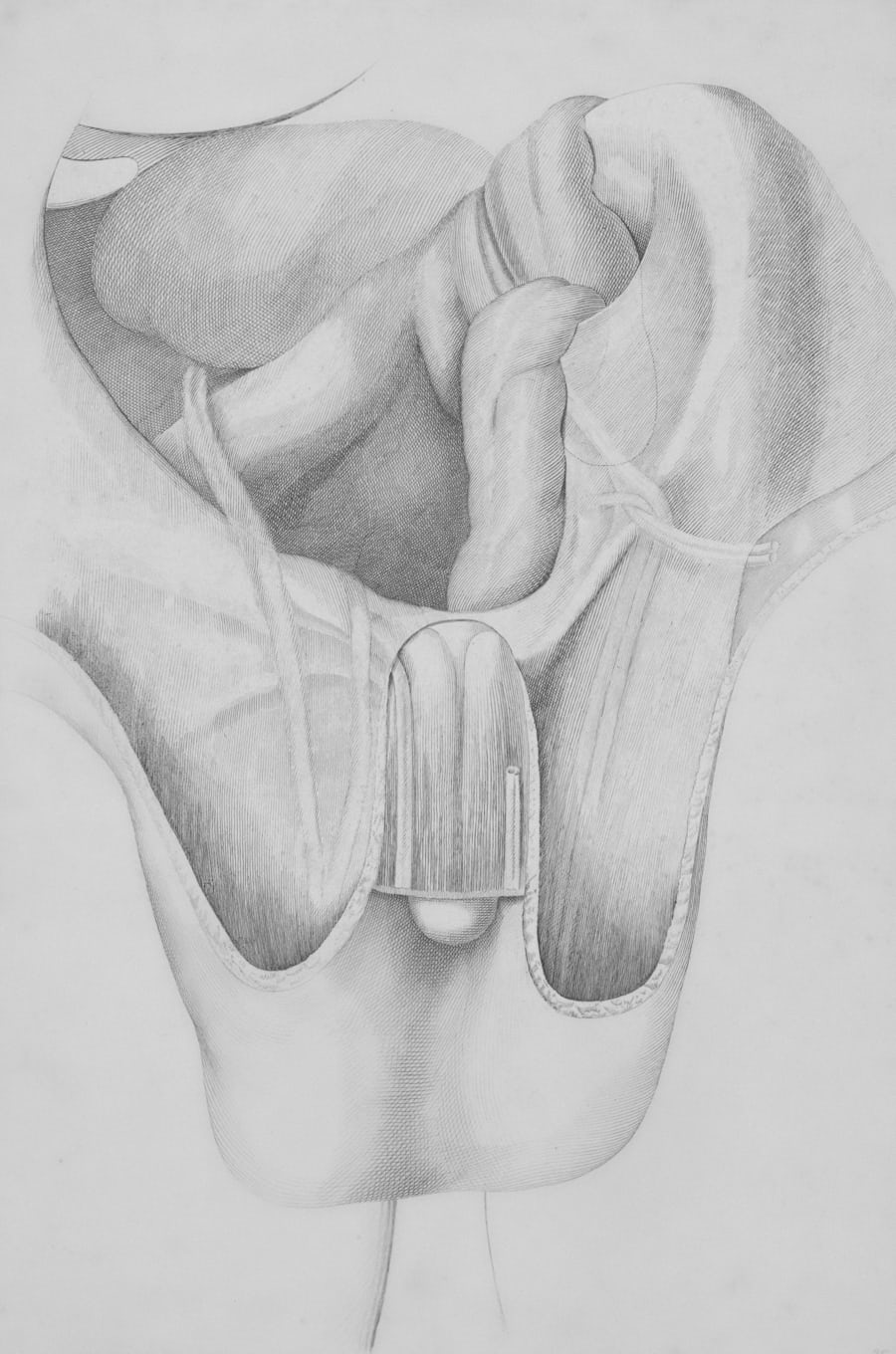Urethritis: An In-Depth Look at Causes, Symptoms, and Treatment
Urethritis is the inflammation of the urethra, the tube that carries urine from the bladder out of the body. This condition can affect individuals of any gender and is often, though not always, caused by a sexually transmitted infection (STI). Prompt diagnosis and treatment are crucial to alleviate symptoms and prevent complications.
Key Facts about Urethritis:
Prevalence: Urethritis is a common condition, with millions of cases reported annually worldwide.
Transmission: While frequently transmitted through sexual contact, non-infectious causes also exist.
Symptoms: The hallmark symptoms include pain or burning during urination and discharge from the urethra. However, some individuals may experience no symptoms at all.
Causes of Urethritis
The causes of urethritis can be broadly categorized into infectious and non-infectious agents.
Infectious Causes: The majority of urethritis cases are caused by bacterial or viral infections, many of which are sexually transmitted.
Gonorrhea: Caused by the bacterium Neisseria gonorrhoeae, this is a common cause of what is referred to as gonococcal urethritis (GU).
Chlamydia: Infection with Chlamydia trachomatis is a leading cause of nongonococcal urethritis (NGU).
Mycoplasma genitalium: This bacterium is another significant cause of NGU and can sometimes be resistant to standard antibiotics.
Trichomoniasis: This infection is caused by the parasite Trichomonas vaginalis.
Other Bacteria: Bacteria such as Ureaplasma urealyticum and those that cause urinary tract infections (UTIs), like E. coli, can also lead to urethritis.
Viruses: The herpes simplex virus (HSV) and cytomegalovirus (CMV) are viral causes of urethritis.
Non-Infectious Causes: In some instances, urethritis is not caused by an infection. These cases can be triggered by:
Irritation: Soaps, lotions, spermicides, and certain contraceptive foams can irritate the urethra and cause inflammation.
Injury or Trauma: Injury to the urethra, which can occur from activities like vigorous sexual activity, masturbation, or the insertion of a catheter, can lead to urethritis.
Recognizing the Symptoms
The symptoms of urethritis can vary depending on the cause and the individual’s sex.
In Men, symptoms may include:
Pain or a burning sensation during urination (dysuria)
Discharge from the penis, which may be clear, cloudy, white, yellow, or greenish
Itching or irritation at the tip of the penis
Frequent or urgent need to urinate
Pain during ejaculation
Blood in the urine or semen (less common)
In Women, symptoms can be more subtle and may include:
Pain or burning during urination
Increased vaginal discharge
Frequent or urgent need to urinate
Pelvic or lower abdominal pain
Pain during sexual intercourse
It is important to note that a significant number of individuals with urethritis, particularly women with chlamydial infections, may be asymptomatic. This highlights the importance of regular STI screenings for those at risk.
Diagnosis and When to Seek Medical Attention
A healthcare provider will diagnose urethritis based on a physical examination, a review of symptoms, and laboratory tests.
Diagnostic procedures may include:
Physical Examination: The provider will examine the genitals for any discharge, redness, or swelling.
Urine Test: A urine sample will be collected to test for the presence of bacteria and other infectious agents. Nucleic acid amplification tests (NAATs) are highly sensitive tests used to detect the DNA of organisms like chlamydia and gonorrhea.
Swab Sample: A sample of any discharge may be taken from the urethra for microscopic examination and culture to identify the specific causative organism.
Individuals should seek medical attention if they experience any of the symptoms of urethritis, especially if they have had a new sexual partner or have engaged in unprotected sex.
Treatment and Management
Treatment for urethritis focuses on eradicating the underlying cause, relieving symptoms, and preventing the spread of infection.
Antibiotics: If the urethritis is caused by a bacterial infection, a course of antibiotics will be prescribed. The specific antibiotic and duration of treatment will depend on the identified bacterium. It is crucial to complete the full course of medication, even if symptoms improve, to ensure the infection is fully cleared.
Antiviral Medications: For urethritis caused by viruses like HSV, antiviral medications may be prescribed to manage outbreaks.
Abstinence from Sexual Activity: It is recommended to abstain from sexual intercourse until both the individual and their sexual partners have completed treatment and are symptom-free to prevent reinfection and further transmission.
Partner Notification and Treatment: It is essential for all recent sexual partners to be notified, tested, and treated, even if they do not have any symptoms.
Avoiding Irritants: If the urethritis is non-infectious, avoiding the irritating substance or activity is the primary course of action.
With appropriate and timely treatment, most cases of urethritis can be cured without long-term complications. However, untreated urethritis can lead to more serious health problems, including epididymitis (inflammation of the tube at the back of the testicles) in men and pelvic inflammatory disease (PID) in women, both of which can affect fertility.


